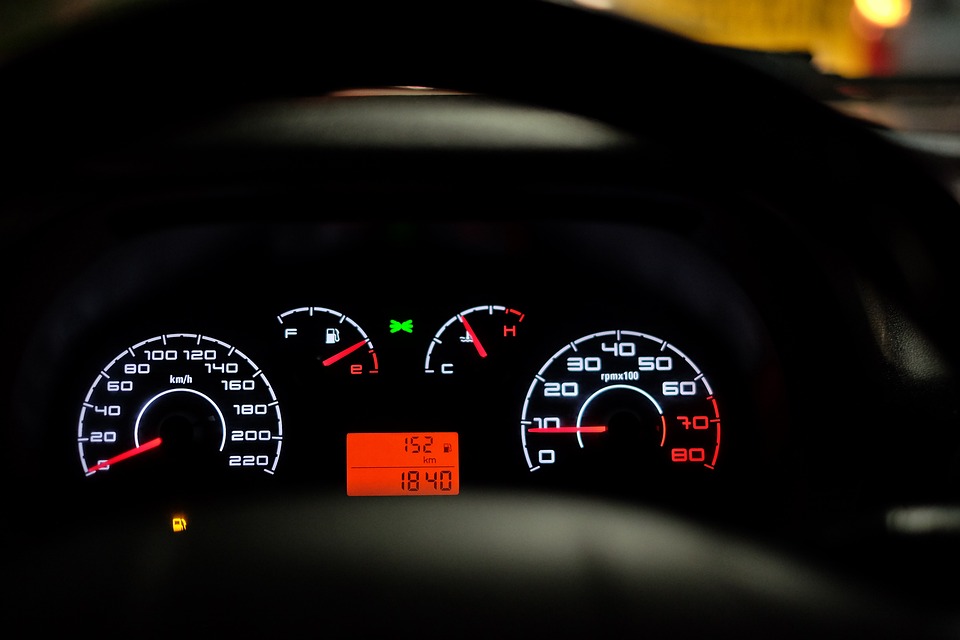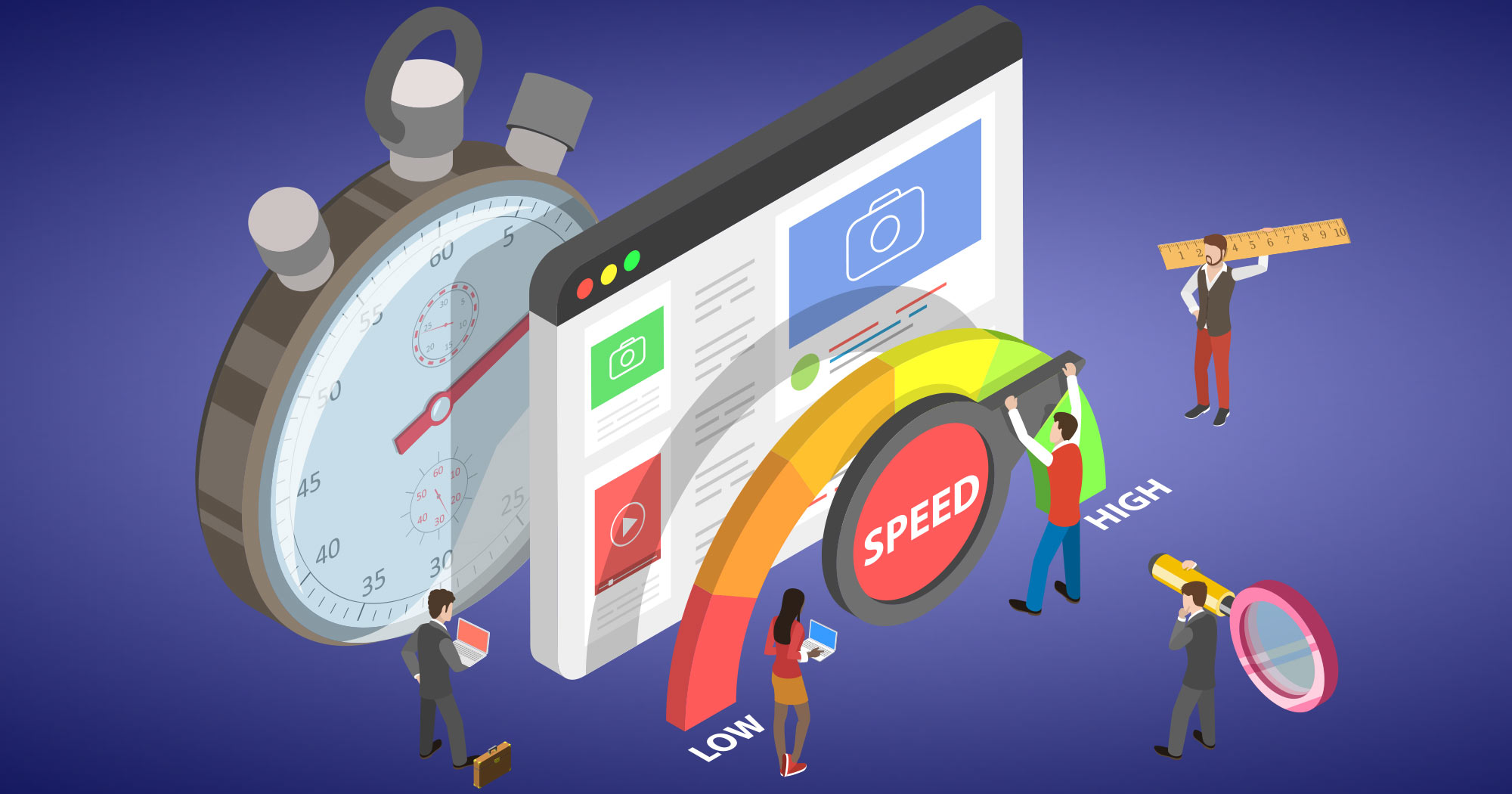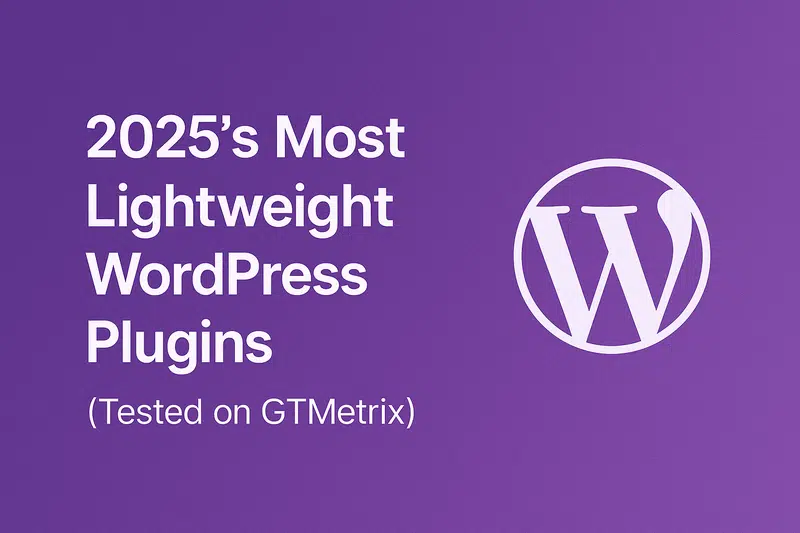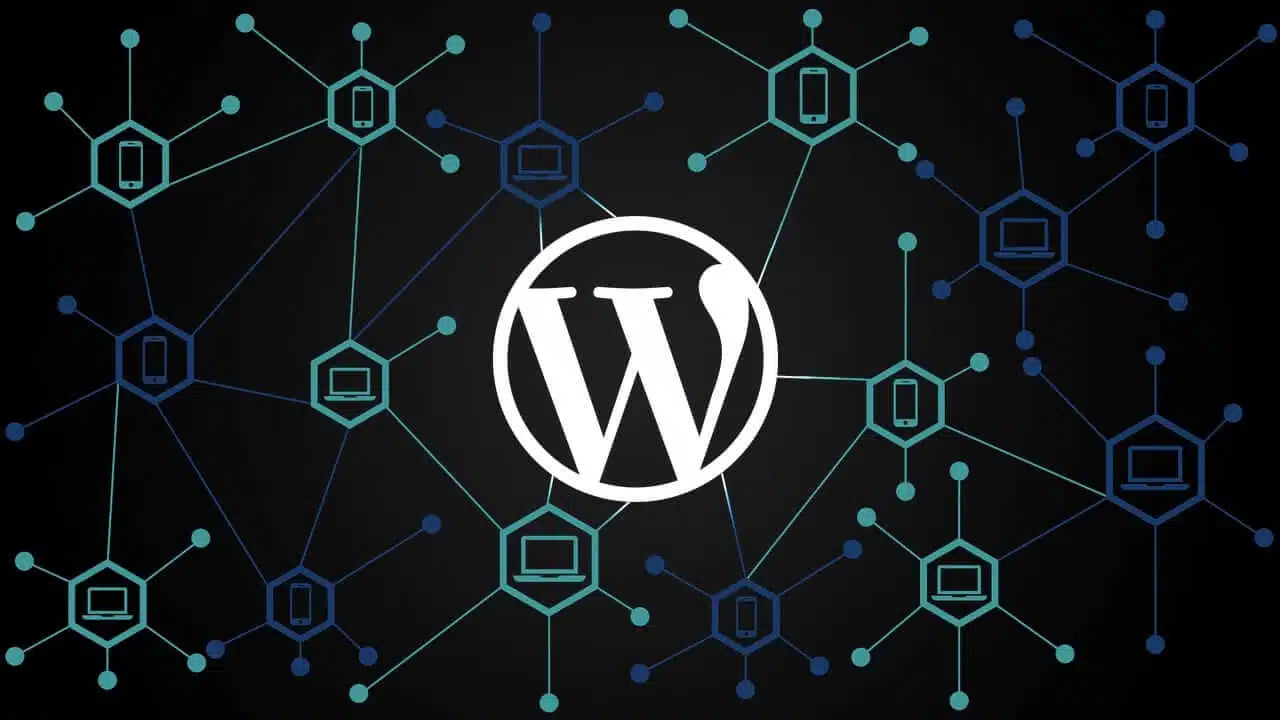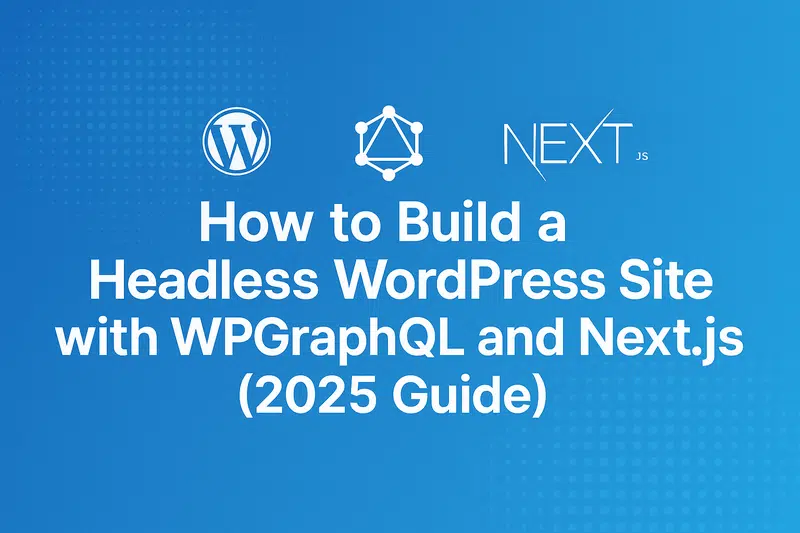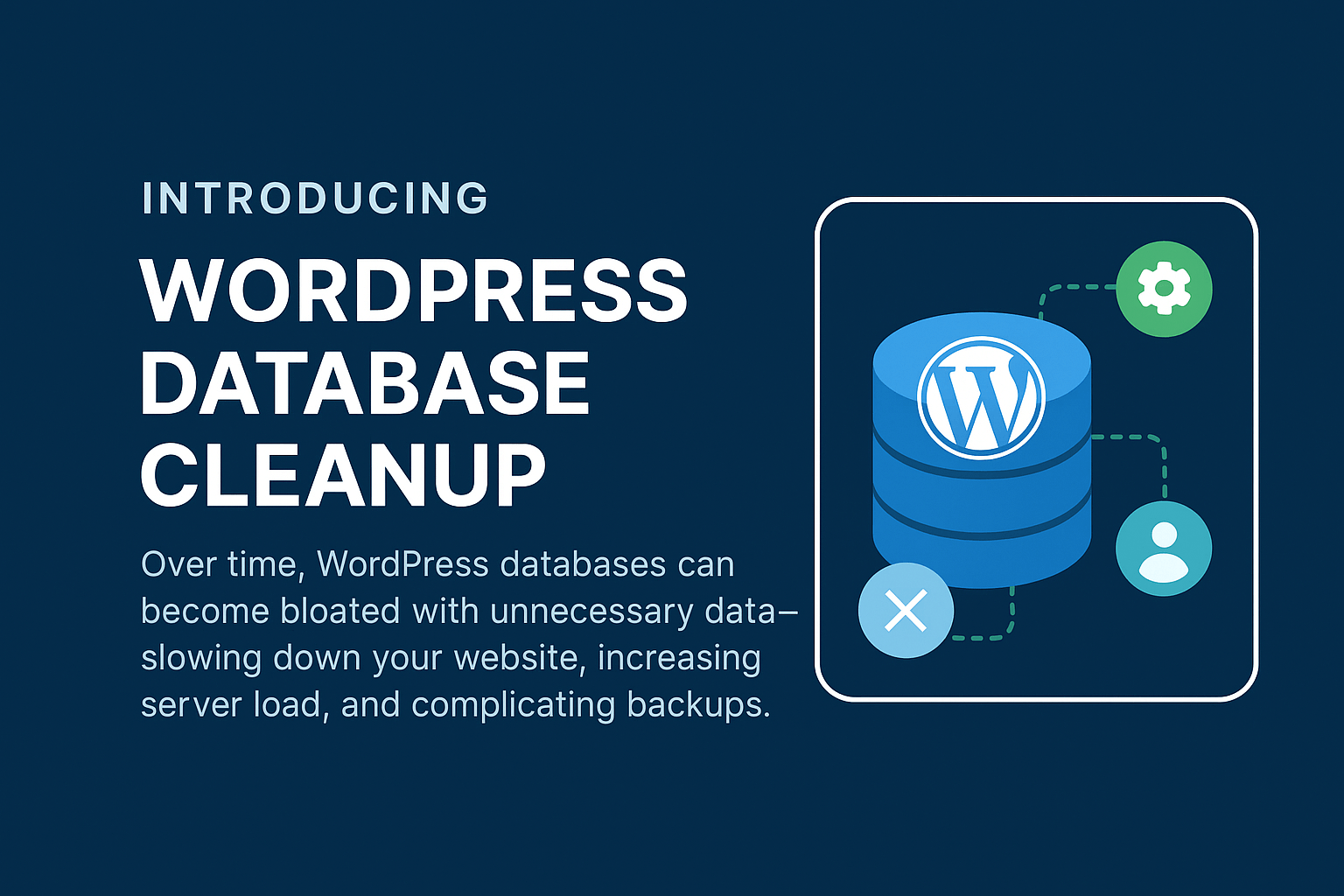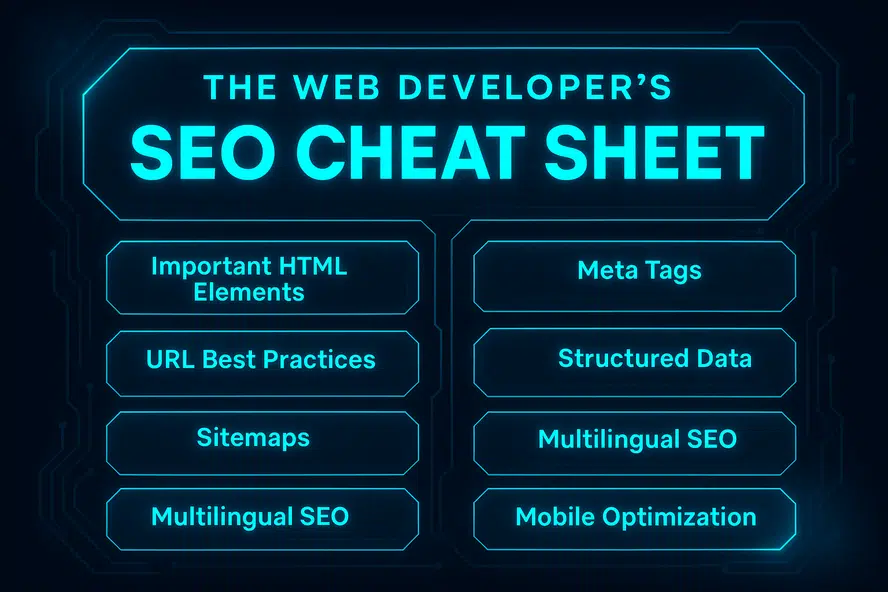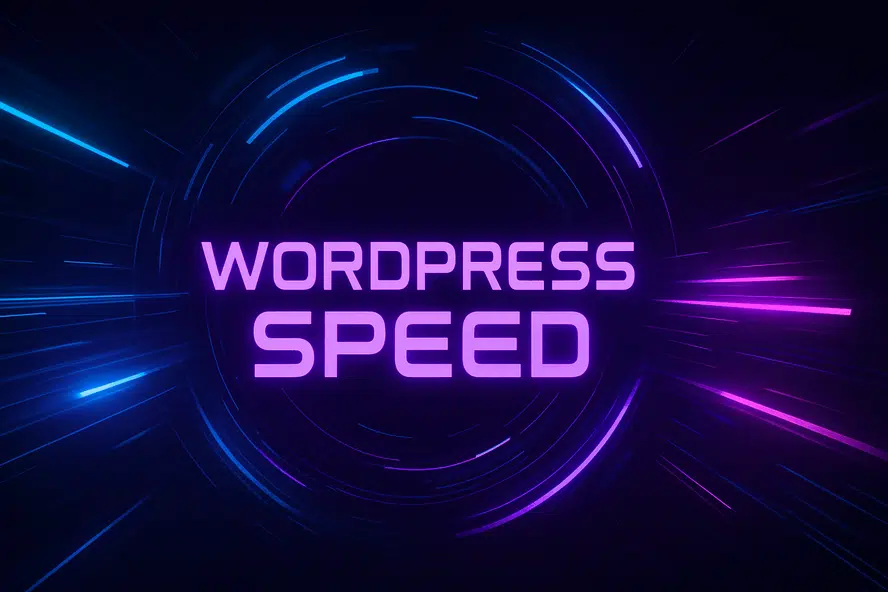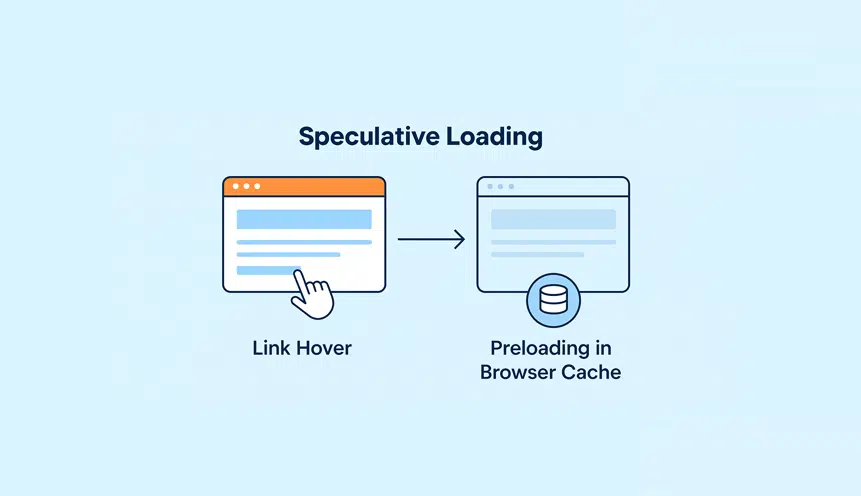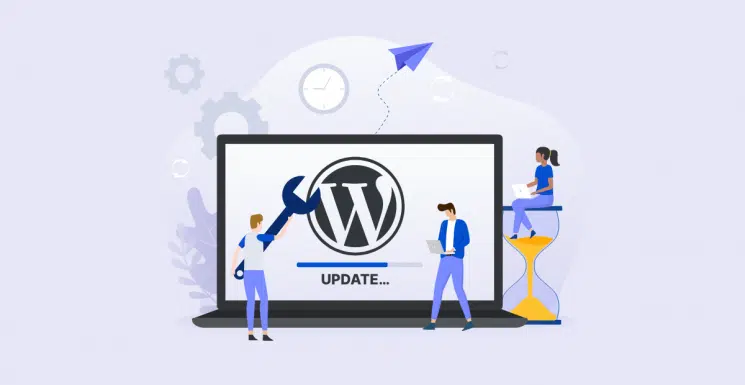Unlock the Secret to High-Speed WordPress: Key Tips for Lightning-Quick Loading
In today’s fast-paced internet age, website speed plays a crucial role in attracting and retaining users. Slow-loading websites not only frustrate visitors but also negatively impact your search engine rankings. As one of the most popular content management systems, WordPress powers millions of websites worldwide. However, out of the box, WordPress may not always deliver the lightning-fast loading times that users expect. In this article, we will unlock the secrets to optimizing WordPress for high-speed performance, providing you with key tips to improve your website’s loading times.
1. Choose a Lightweight Theme
Selecting a lightweight theme is the first step towards optimizing your WordPress website for speed. Avoid themes packed with excessive features and complex code, as they tend to slow down your website. Opt for a minimalist design that focuses on speed and performance. Additionally, consider using a theme with built-in optimization features or one that is specifically designed for speed.
2. Optimize and Compress Images
Images are often the primary culprit for slow-loading websites. Large and unoptimized images can significantly impact loading times. To optimize images, start by resizing them to the appropriate dimensions using photo editing software. Next, compress the images using tools like Adobe Photoshop or online services like TinyPNG or Kraken.io. WordPress plugins like Smush or EWWW Image Optimizer can also automate the image optimization process.
3. Utilize Caching
Caching is a powerful technique that enables your website to store static versions of your content, reducing the server’s workload and improving loading times. WordPress offers numerous caching plugins such as W3 Total Cache or WP Super Cache, which can be easily installed and configured to take advantage of this performance-improving feature. These plugins generate static HTML files that are served to users, eliminating the need for dynamic content generation with each page request.
4. Minify CSS and Javascript Files
Combining, minifying, and compressing your CSS and Javascript files can significantly reduce the size of these resources, resulting in faster loading times. Numerous plugins, such as Autoptimize or Fast Velocity Minify, can handle these tasks automatically, reducing the need for manual modification of your website’s code.
5. Enable Gzip Compression
Gzip compression is a technology that reduces the size of your website’s files before they are sent to the user’s browser. This compression technique can significantly decrease the amount of data that needs to be transferred, resulting in faster loading times. Most web servers support Gzip compression, and you can easily enable it through your server configuration or by using a plugin, such as Gzip Ninja Speed Compression.
6. Optimize Database and Cleanup
WordPress databases tend to accumulate unnecessary bloat over time, impacting website performance. Regularly optimizing and cleaning up your database can significantly improve loading times. Plugins like WP-Optimize or WP Rocket can automate this process by removing spam comments, post revisions, unused tags, and more, optimizing your database for better performance.
7. Use a Content Delivery Network (CDN)
A Content Delivery Network (CDN) is a network of servers distributed globally. It caches and distributes your website’s content, delivering it from the server nearest to the user’s location. CDN services like Cloudflare or StackPath can significantly improve loading times by reducing the distance between your website’s server and the user, resulting in a faster browsing experience.
8. Regularly Update WordPress, Themes, and Plugins
Keeping your WordPress core, themes, and plugins up to date is essential for maintaining website security and performance. Developers regularly release updates that include bug fixes, performance improvements, and security patches. By regularly updating your WordPress installation and its components, you ensure that your website is running on the latest optimized code.
FAQs:
Q: Why is website speed important?
A: Website speed is crucial for user experience and search engine optimization. Slow-loading websites often result in higher bounce rates, decreased user engagement, and lower search engine rankings.
Q: How can I test my website’s speed?
A: There are several tools available, such as Google PageSpeed Insights, GTmetrix, or Pingdom, which can analyze your website and provide you with performance reports. These tools offer insights into potential bottlenecks and suggestions for improvement.
Q: Does website speed only matter for desktop users?
A: No, website speed matters for all users, whether they are browsing on desktop, mobile, or tablets. With the rise of mobile browsing, having a fast-loading mobile website is crucial for capturing and retaining users.
Q: Will optimizing my WordPress website for speed impact its functionality?
A: Properly optimizing your WordPress website should not impact its functionality. However, it is recommended to test any changes or optimizations in a staging or development environment before applying them to your live site.
Q: Can I achieve high-speed performance on shared Hosting?
A: While shared Hosting can sometimes limit the level of optimization you can achieve, implementing the tips mentioned in this article can still significantly improve your website’s loading times, even on shared Hosting environments.
In conclusion, unlocking the secret to high-speed WordPress lies in a combination of careful theme selection, image optimization, caching, minification, compression, database cleanup, and utilizing a content delivery network. Regularly updating your WordPress installation and its components is also crucial for improved performance. By implementing these key tips, you will be well on your way to creating a lightning-quick WordPress website that provides an exceptional user experience, improves search engine rankings, and boosts your website’s success.
Post Summary:
Slow-loading websites can frustrate visitors and have a negative impact on search engine rankings. Optimizing WordPress for high-speed performance involves choosing a lightweight theme, optimizing and compressing images, utilizing caching, minifying CSS and Javascript files, enabling Gzip compression, optimizing the database, using a content delivery network (CDN), and regularly updating WordPress, themes, and plugins. Website speed is important for user experience and SEO, and it is crucial to test the website’s speed using tools like Google PageSpeed Insights. Speed is important for all users, and optimizations can be done even on shared Hosting.


